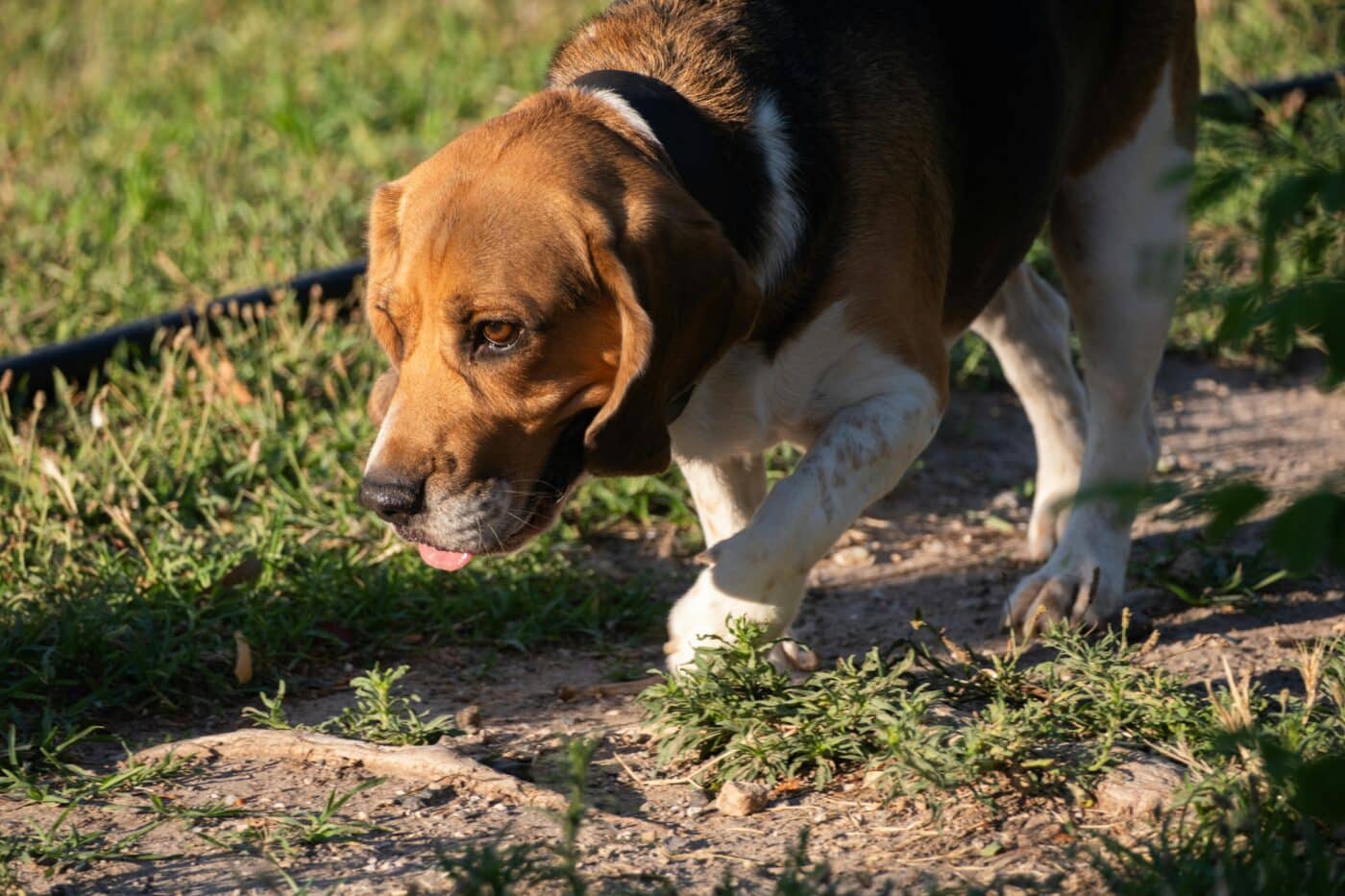 Shutterstock
Shutterstock
As a dog owner, you may have been surprised by your dog eating poop, a behavior known as coprophagia. Surprisingly common in dogs, this habit can have various underlying causes, from biological instincts and dietary issues to social behaviors and environmental factors. While it may seem bizarre or gross, understanding why dogs eat feces can help address the problem effectively. These are some unexpected reasons why dogs might engage in this behavior, shedding light on what motivates them to eat poop.
Seeking Nutrients, They Are Missing
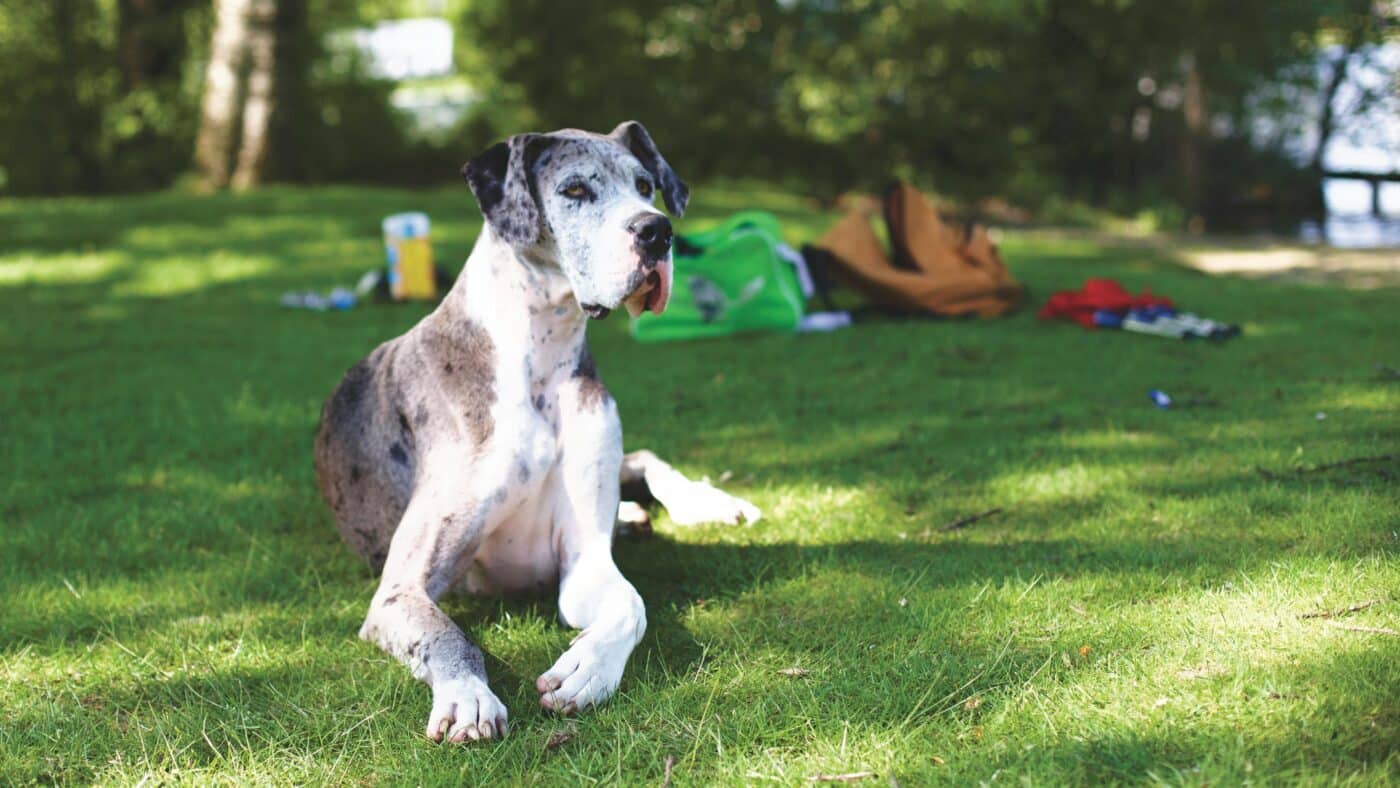 Shutterstock
Shutterstock
One of the more common reasons dogs eat poop is a deficiency in essential nutrients. If a dog’s diet lacks certain vitamins, minerals, or digestive enzymes, they might instinctively try to compensate for these deficiencies by consuming feces. Poop can contain undigested food particles or remnants of nutrients that a dog perceives as appealing. This behavior is particularly common in dogs eating low-quality food or recently switching to a new diet that doesn’t meet all their nutritional needs.
Imitating Their Mother
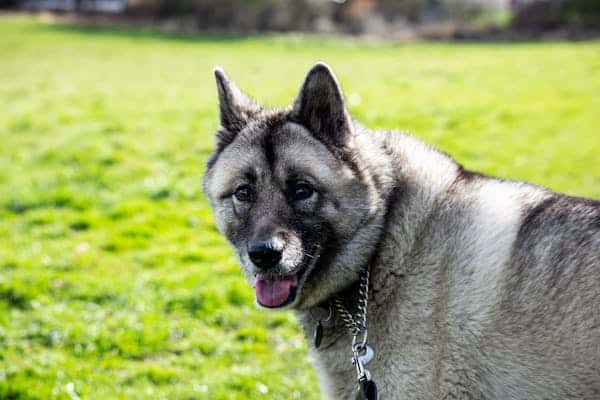 Shutterstock
Shutterstock
For puppies, eating poop can be a learned behavior from their mother. When a dog gives birth, she will often clean up after her puppies by consuming their feces to keep the den clean and to prevent the scent from attracting predators. This behavior is perfectly natural and even necessary during the early stages of a puppy’s life. However, some puppies may continue to eat poop beyond their early weeks simply because they learned it from their mother and haven’t yet outgrown the habit.
Trying to Get Attention
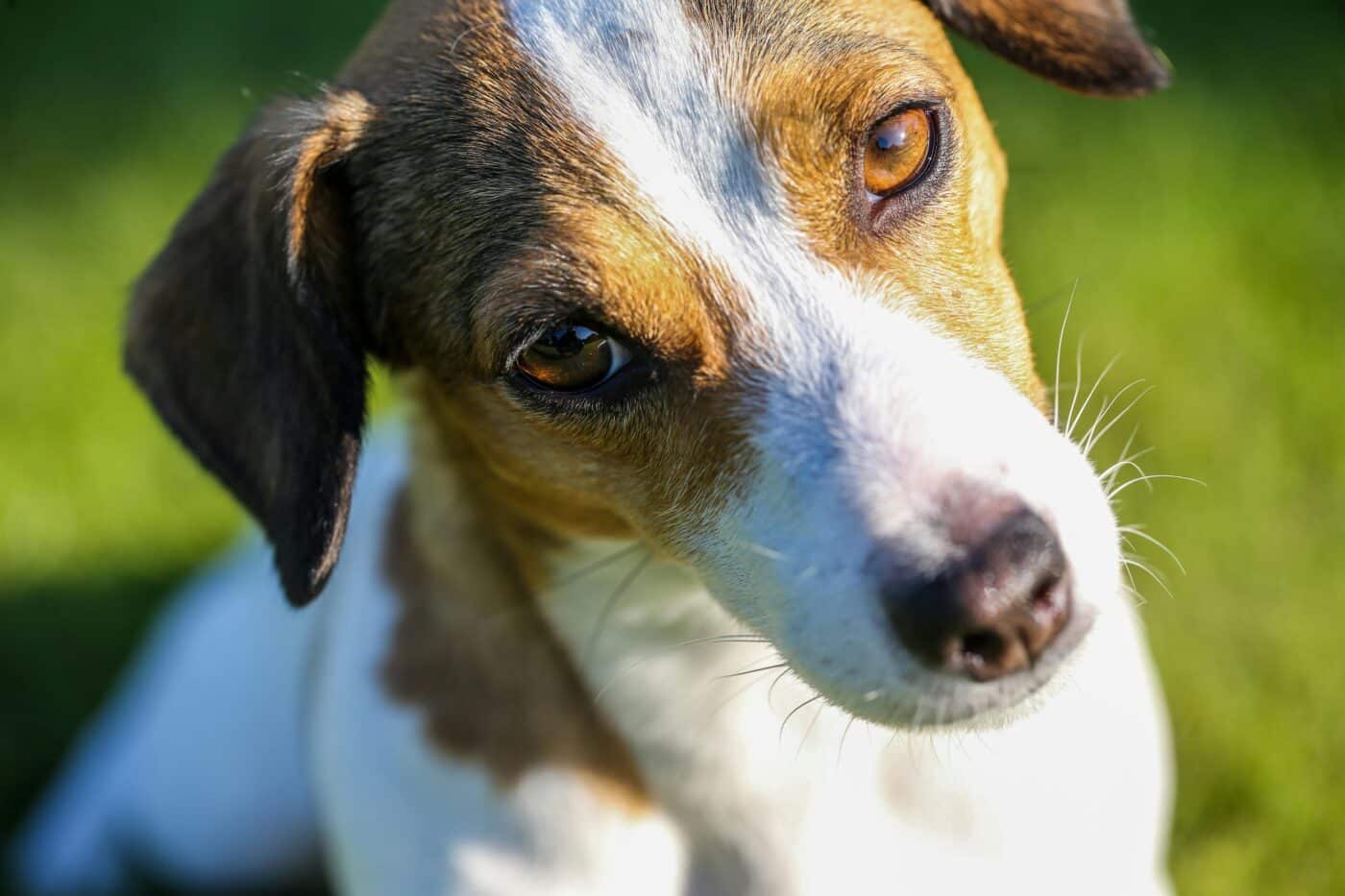 Shutterstock
Shutterstock
Dogs often seek attention from their owners, even if it means resorting to negative behaviors. If a dog eats poop and their owner reacts strongly—whether through yelling, scolding, or chasing them away—the dog may view this as a form of attention. To them, any interaction, even a negative one, can be better than being ignored. Some dogs might continue eating poop to provoke a reaction. Staying calm and avoiding an over-the-top response when you see your dog doing this can help discourage the behavior.
Coping with Anxiety or Stress
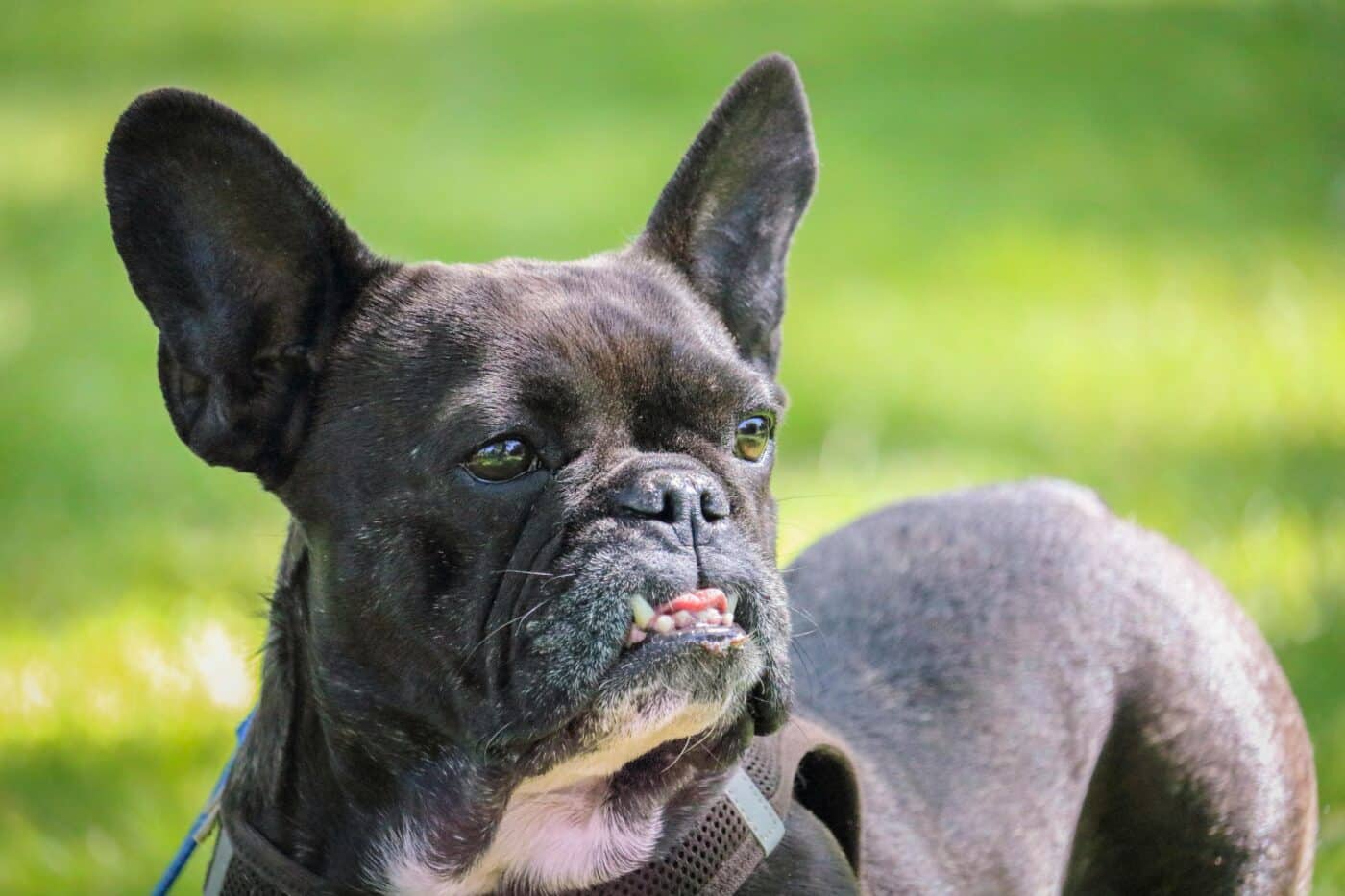 Shutterstock
Shutterstock
Dogs may engage in coprophagia as a response to anxiety, stress, or other emotional issues. If a dog is experiencing stress due to a change in their environment, separation anxiety, or lack of stimulation, they may resort to eating poop as a self-soothing behavior. This habit can help them feel more in control in stressful situations. Providing plenty of mental and physical stimulation, along with addressing the underlying sources of anxiety, can help curb this behavior.
Hiding Evidence of Accidents
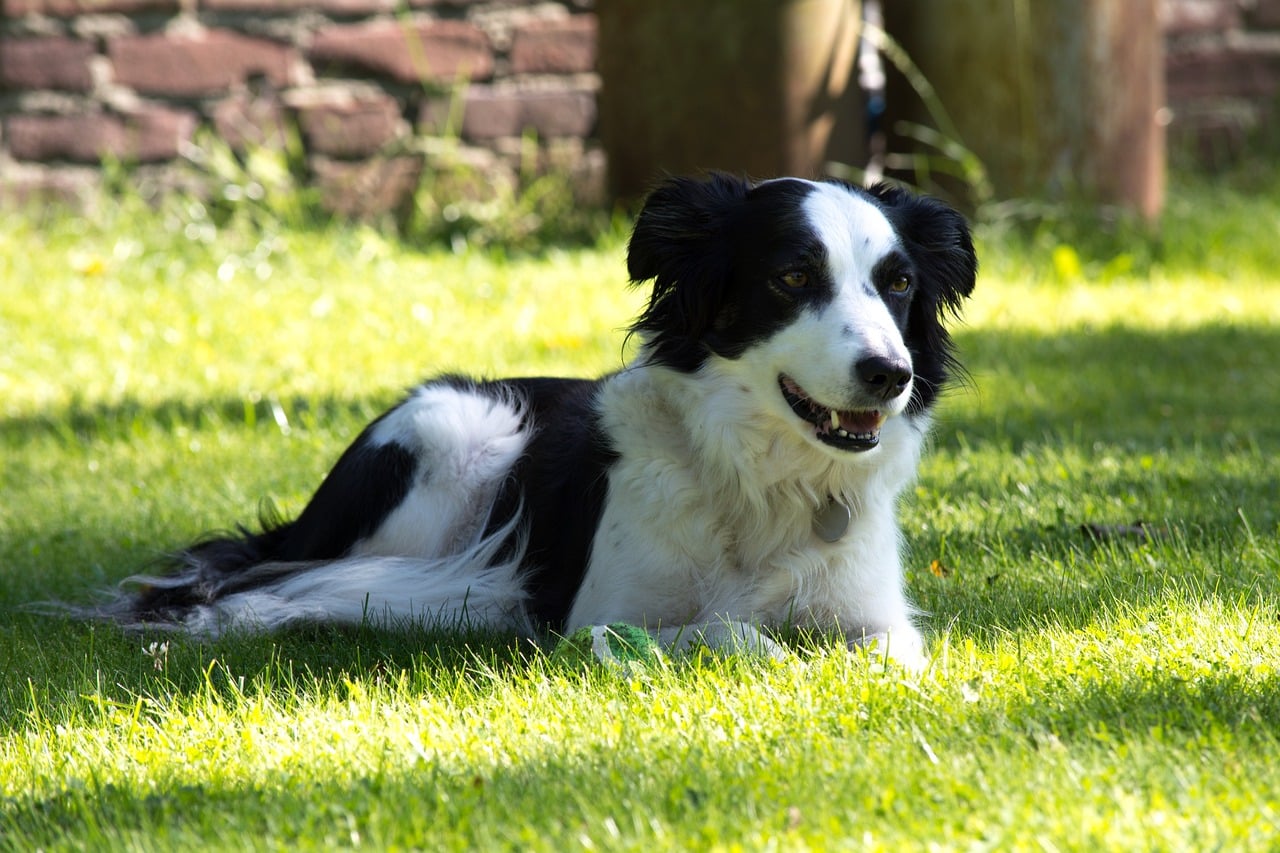 Shutterstock
Shutterstock
In some cases, dogs eat poop to “hide the evidence” of an accident, especially if they have been harshly punished for eliminating indoors or in an inappropriate area. This behavior is more common in dogs scolded for house-training mistakes. The dog may try to avoid punishment by eating their feces, even if no one is around to scold them. Using positive reinforcement for house-training rather than punishment can help break this habit.
Acting on Scavenging Instincts
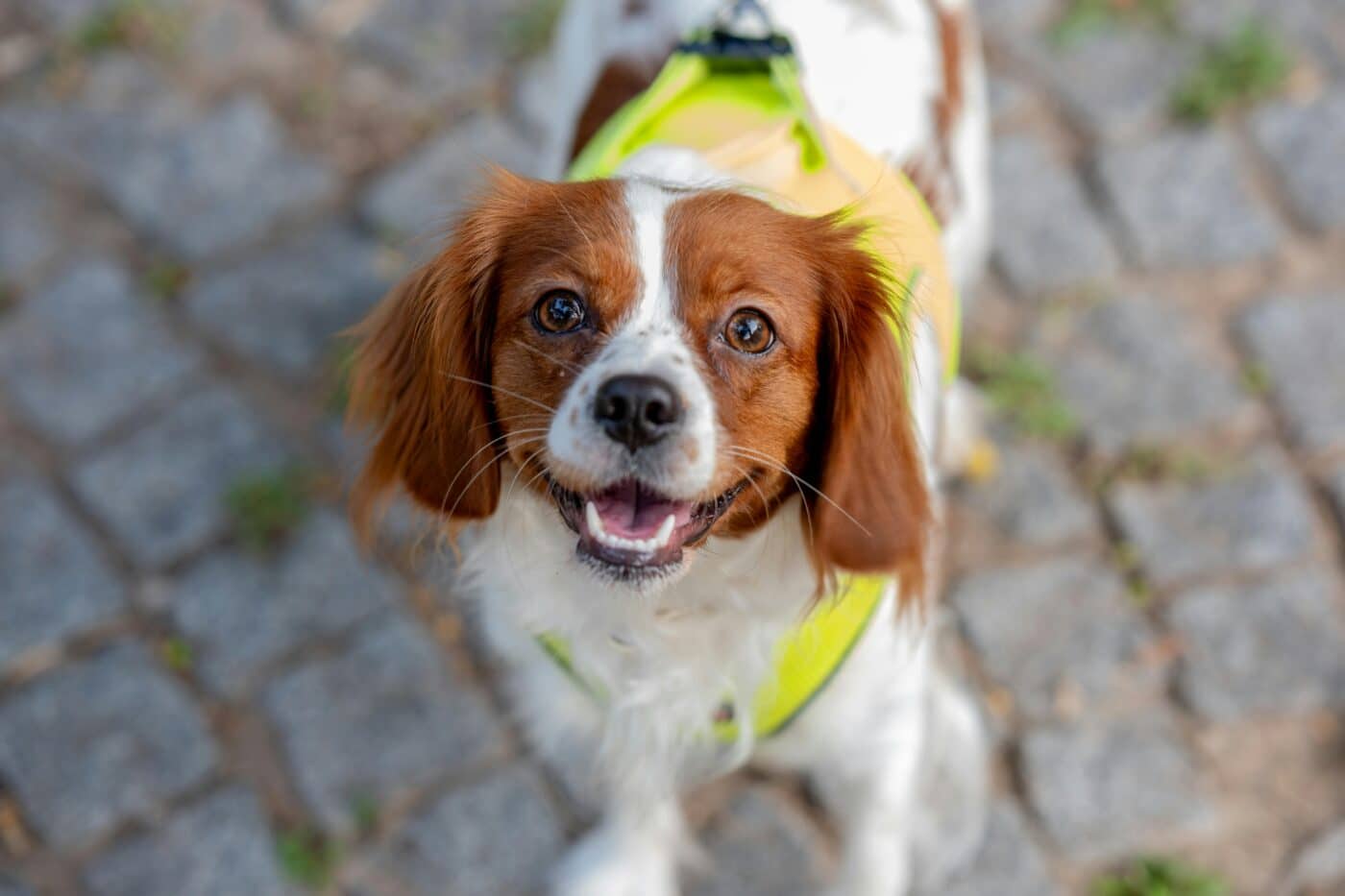 Shutterstock
Shutterstock
Dogs have scavenging instincts inherited from their wild ancestors, who would eat almost anything available to survive, including feces. While this behavior is no longer necessary for modern domesticated dogs, their instincts may still drive them to eat poop out of curiosity or boredom. Dogs that don’t receive enough mental and physical stimulation may be more likely to act on these scavenging instincts. Ensuring that your dog has plenty of enrichment activities and toys can help reduce the likelihood of coprophagia.
Exploring Their Environment
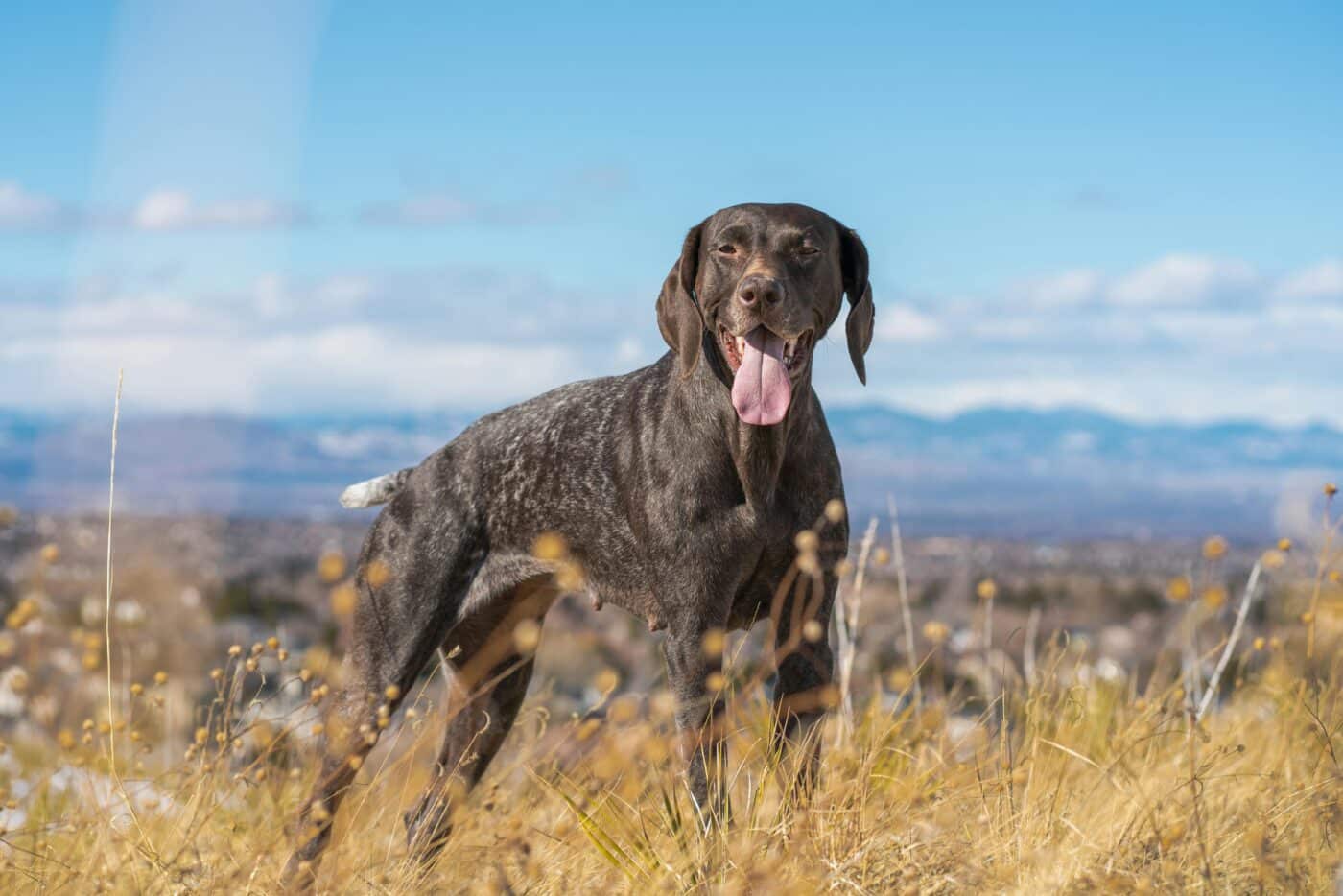 Shutterstock
Shutterstock
Like human infants, dogs use their mouths to explore the world around them. If a dog finds a pile of poop, they may be inclined to investigate it by sniffing, licking, or even eating it to understand what it is. For dogs, especially young puppies, this behavior is part of their natural curiosity. While it may be unpleasant to us, eating poop is one way for them to learn about their surroundings. Encouraging appropriate chewing and providing a variety of textures in toys can help satisfy this urge to explore without resorting to poop.
Enjoying the Taste (Yes, Really)
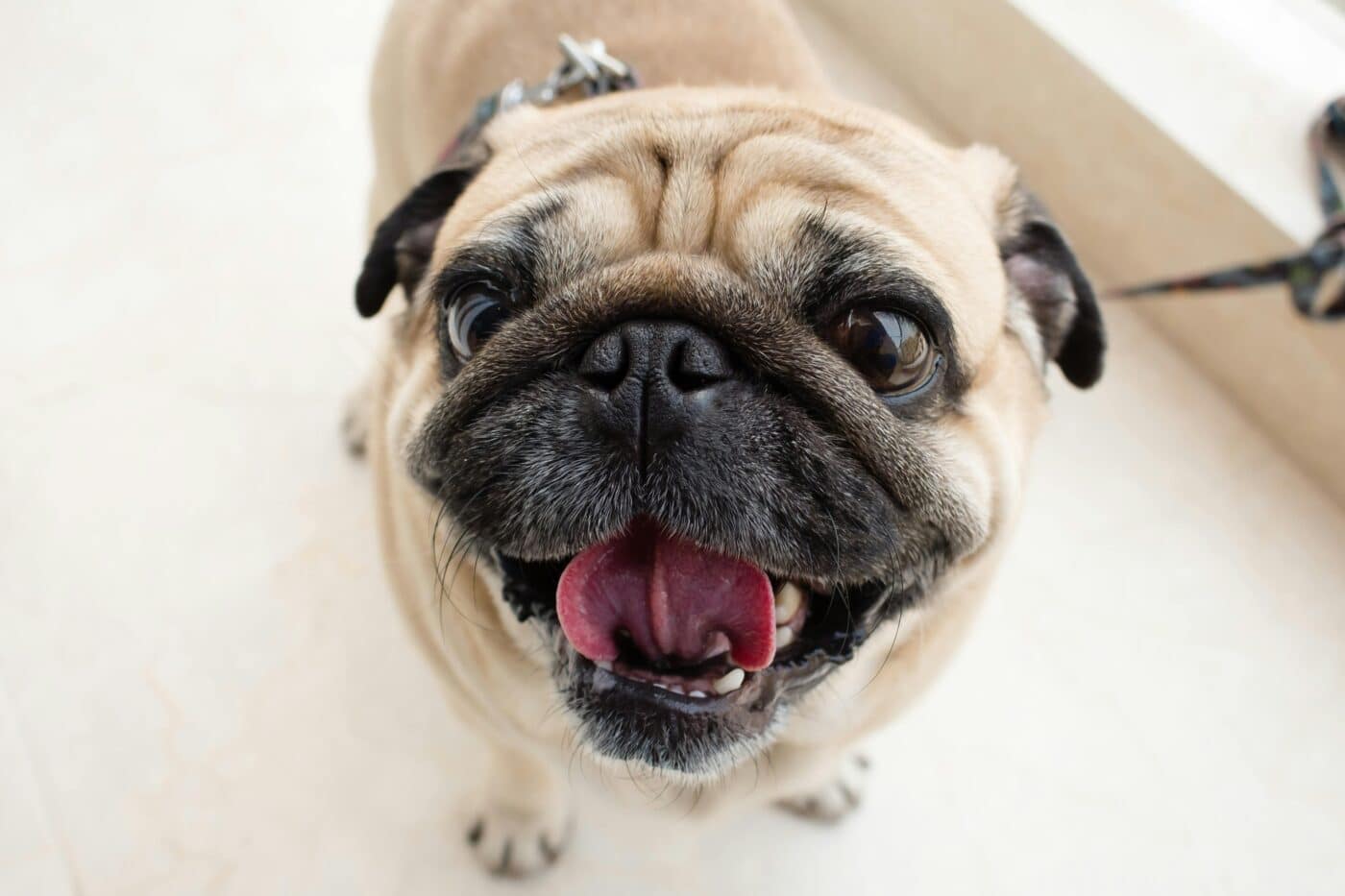 Shutterstock
Shutterstock
As unappealing as it sounds to humans, some dogs may actually find the taste of poop enjoyable. Feces can contain remnants of undigested food, which may smell appealing to dogs with a strong sense of smell. This can be especially true if the poop belongs to another animal that has a different diet, such as cats or other dogs on high-quality diets. Adding deterrents to the dog’s food that make feces taste less appealing may help curb this behavior.
Getting Attention from Other Dogs
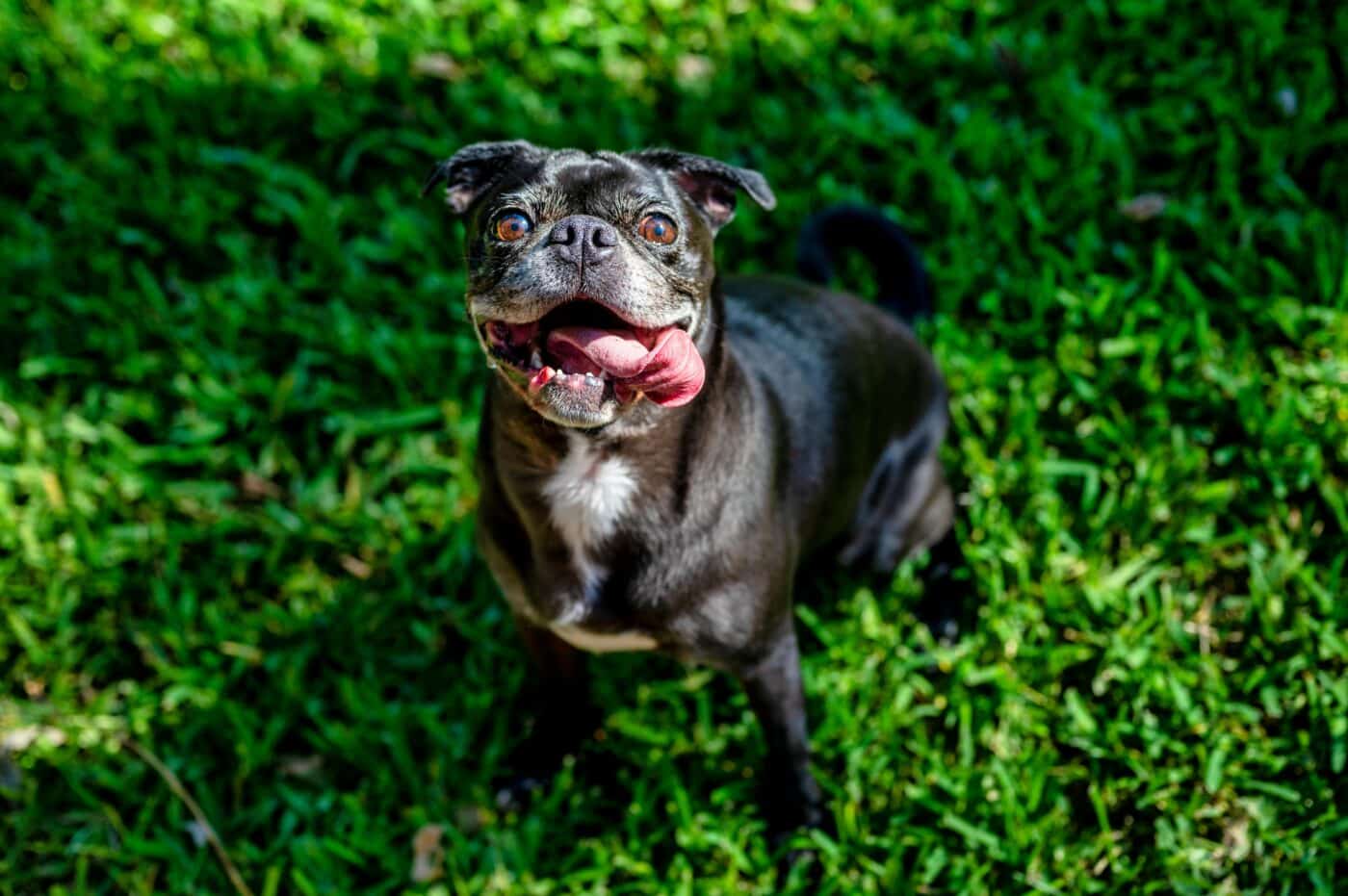 Shutterstock
Shutterstock
In a household with multiple dogs, a dog may eat poop to attract attention from their canine companions. For some dogs, this behavior can serve as a way to engage or interact with other dogs, even if it is non-socially acceptable. The behavior may also be linked to establishing dominance or submissiveness within the pack hierarchy. Ensuring all dogs in the household receive equal attention and social time can help reduce this behavior.
Managing Parasites or Digestive Issues
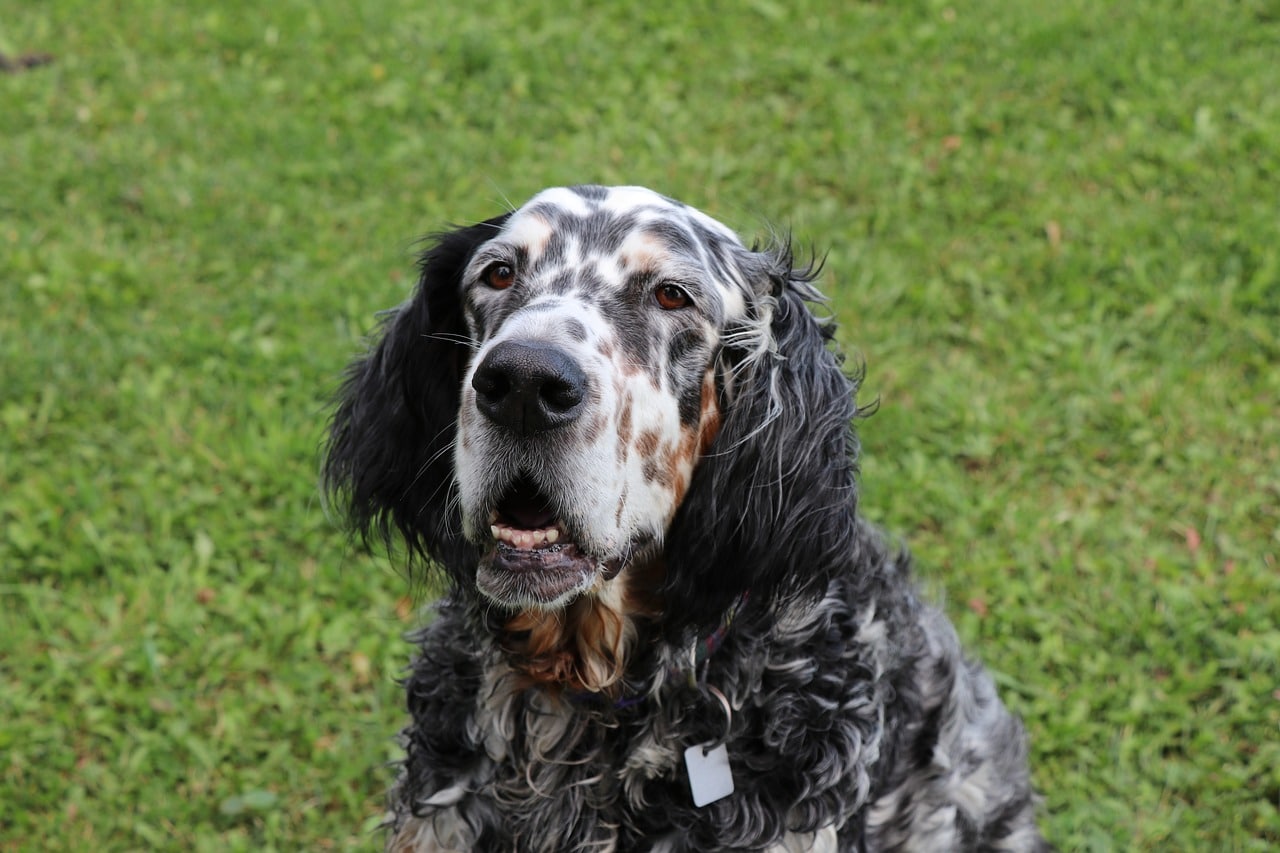 Shutterstock
Shutterstock
Sometimes, dogs eat poop because they have internal parasites or digestive problems that prevent them from absorbing nutrients properly. When the digestive system isn’t functioning as it should, a dog may turn to coprophagia as a way to “replenish” the nutrients that are being lost. If your dog has been eating poop and is showing signs of other health issues, such as weight loss, diarrhea, or a dull coat, it is best to consult a veterinarian to rule out underlying health problems.
Cleaning Up the Space
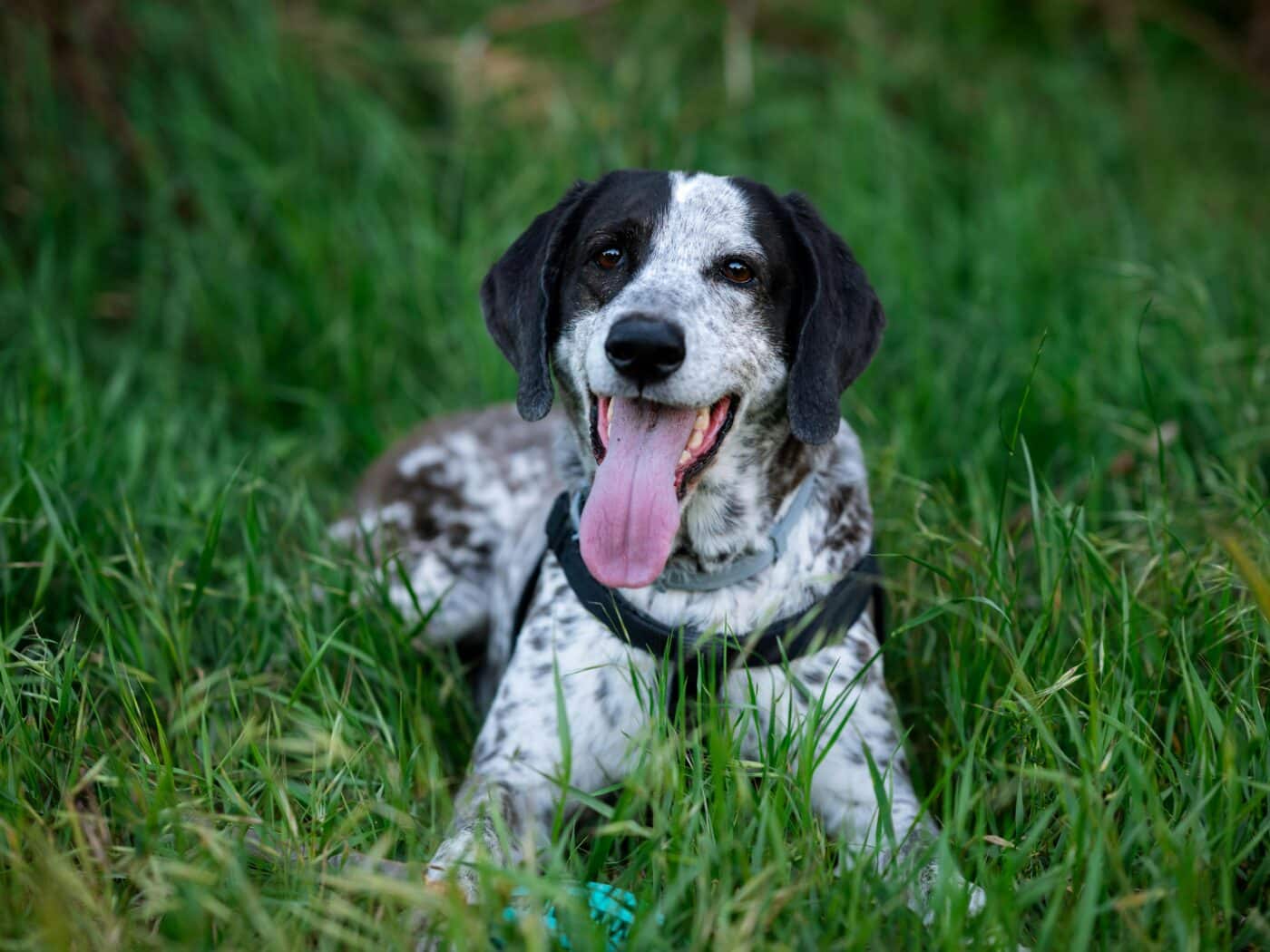 Shutterstock
Shutterstock
Dogs have an instinct to keep their living areas clean, which dates back to their wild ancestors who would remove waste from the den to avoid attracting predators. This instinct may cause some dogs to eat poop if they perceive it as out of place or in an area where they rest or sleep. Encouraging your dog to use a designated bathroom area and promptly cleaning up waste can help prevent them from trying to “clean up” on their own.
Coping with Pica
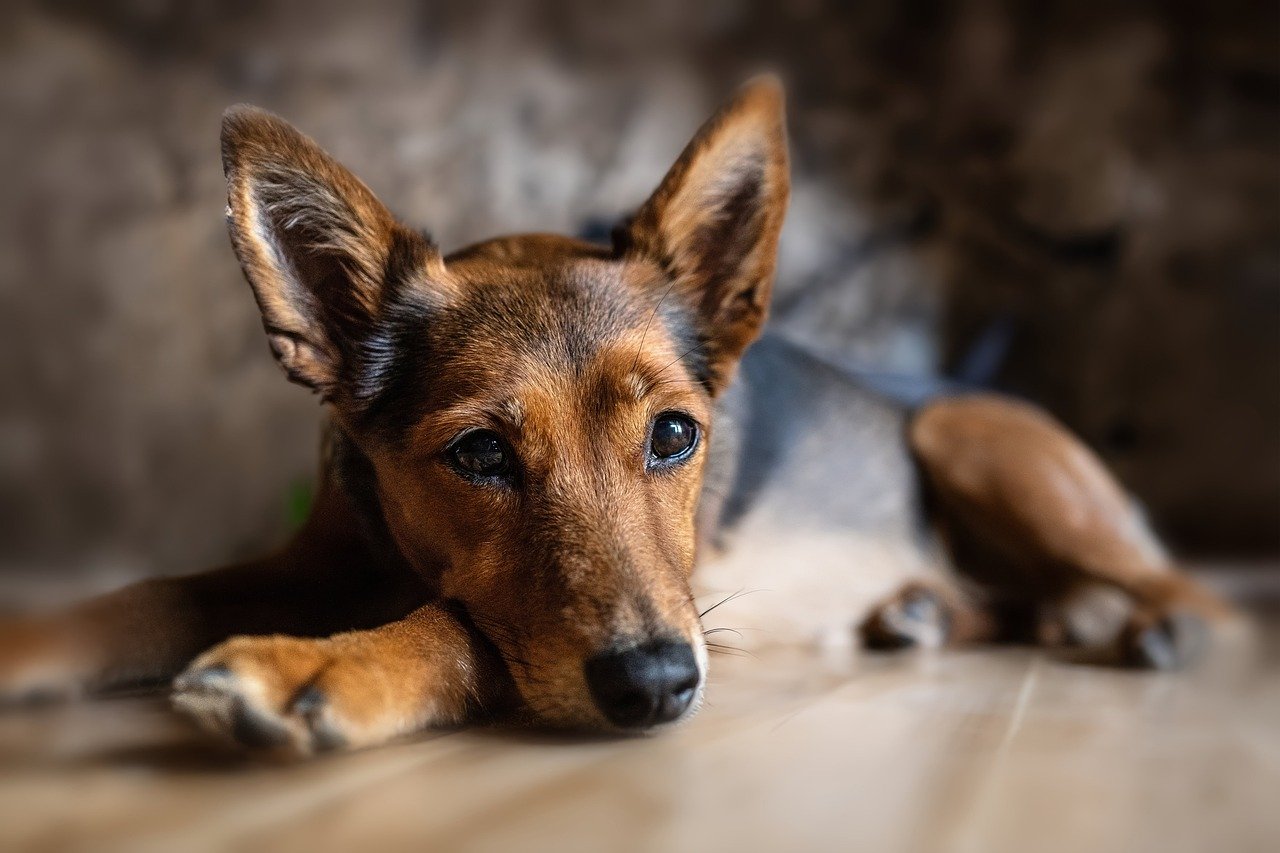 Shutterstock
Shutterstock
Pica is a condition where dogs (and sometimes other animals) eat non-food items, including feces, for psychological, nutritional, or medical reasons. If a dog suffers from pica, they may be more inclined to eat poop as part of this compulsion. Various factors, including dietary imbalances, stress, or certain medical conditions, can trigger pica. If your dog shows signs of pica, it’s important to consult a veterinarian to determine the underlying cause and develop an appropriate treatment plan.
Learning from Other Dogs
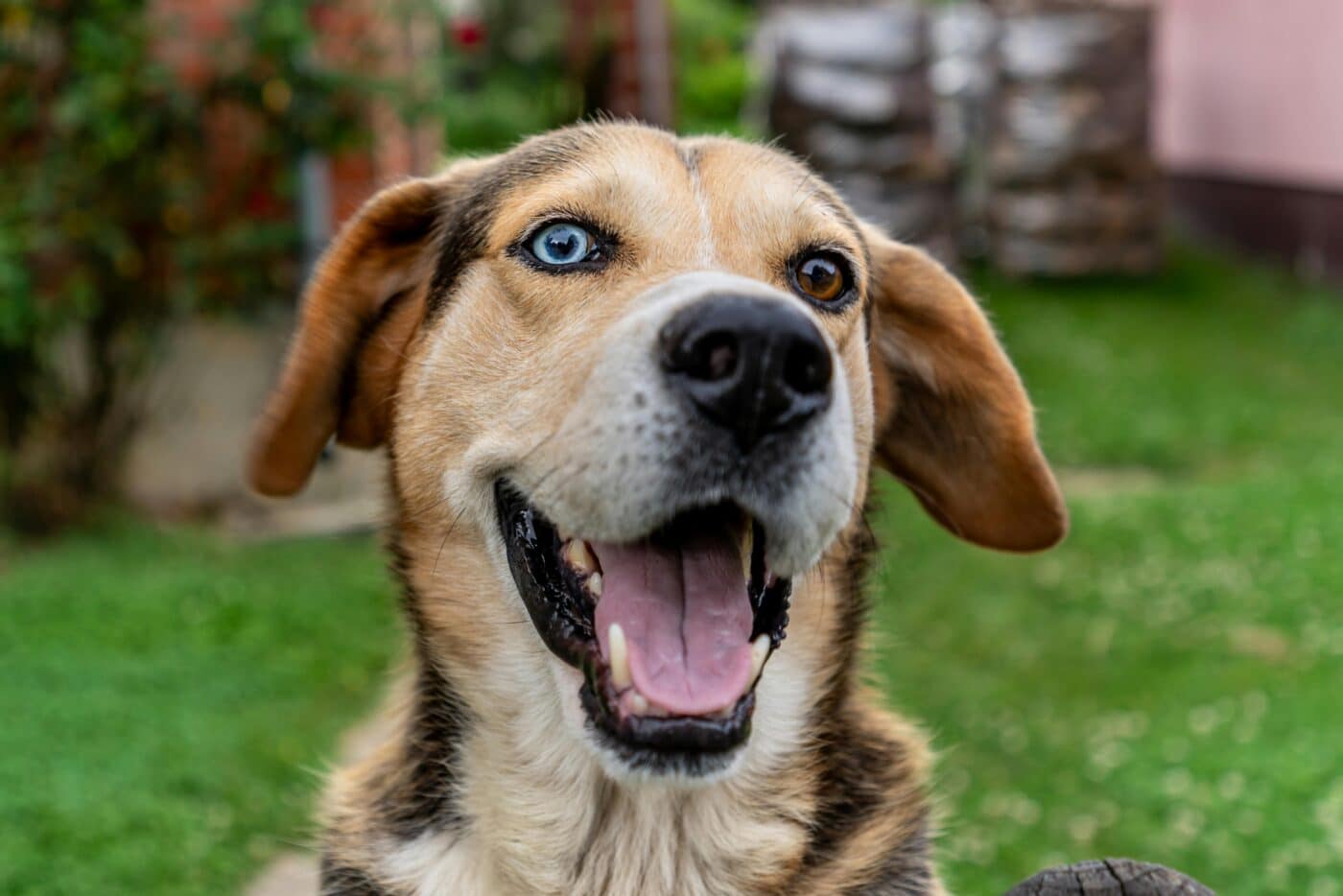 Shutterstock
Shutterstock
Dogs can pick up habits from one another, and coprophagia is no exception. If a dog sees another dog eating poop, they may be curious to try it themselves, especially if they are still a puppy or young dog. This learned behavior can become a habit if not addressed early. Supervising playtime and interactions with other dogs, particularly those known to engage in coprophagia, can help discourage your dog from picking up the behavior.
A Not-So-Tasty Secret
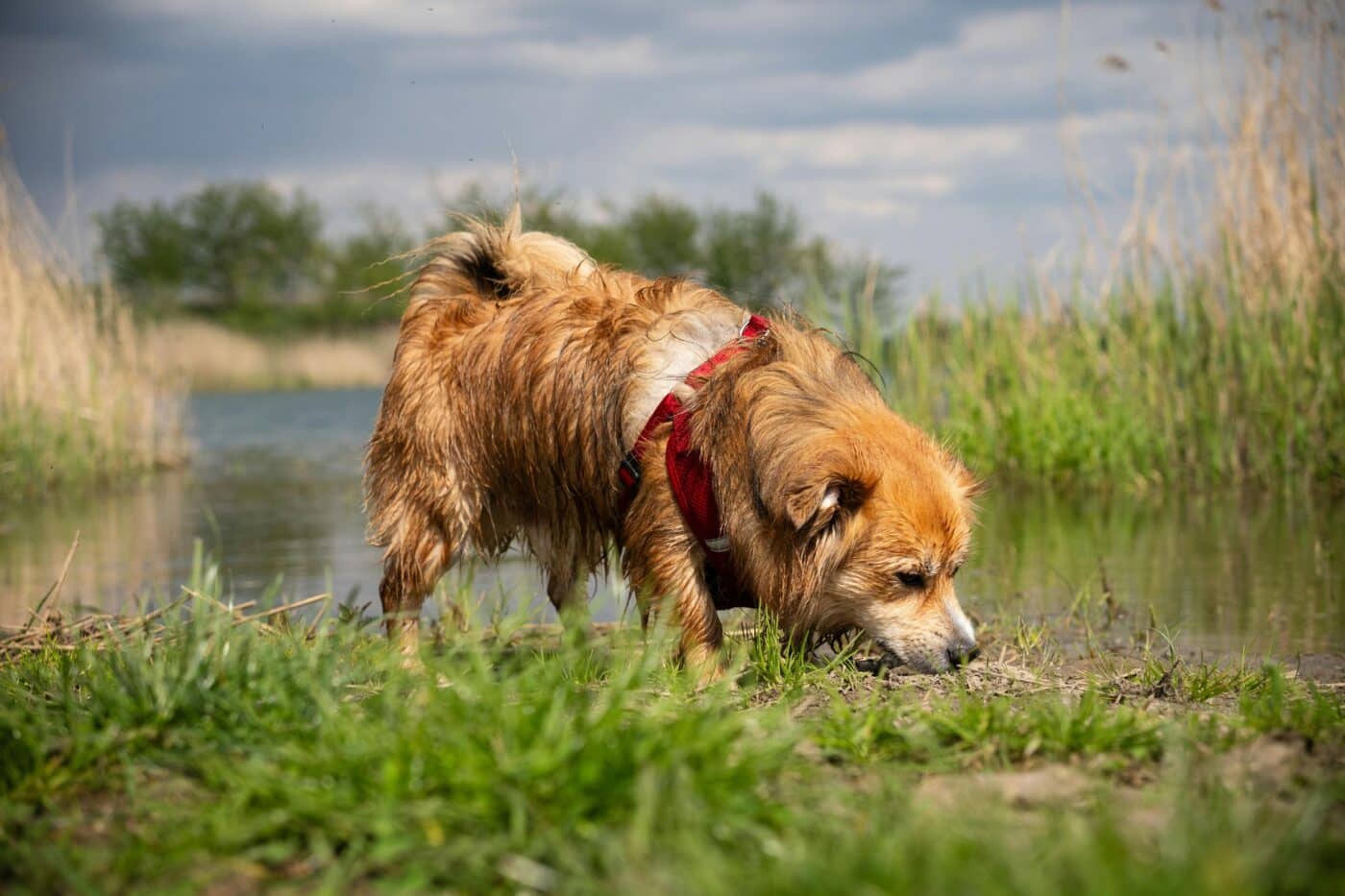 Shutterstock
Shutterstock
Ever wonder if your dog is moonlighting as the world’s weirdest food critic? Whether it’s a curious nibble, a stress-induced snack, or an attempt to “clean up,” there are plenty of reasons behind this not-so-appealing habit. While dogs keep us guessing, they also remind us that sometimes their instincts and behaviors don’t align with human hygiene standards. So, the next time your dog indulges in a less-than-gourmet snack, remember—they have their reasons, even if they’re not planning to open a poop-themed restaurant soon!
 Toledo, United States.
Toledo, United States.